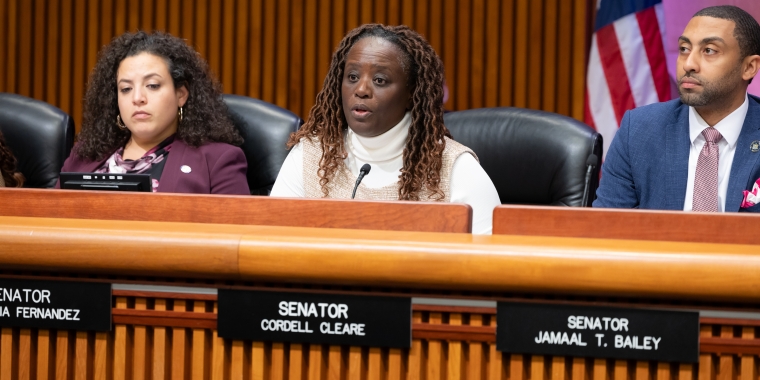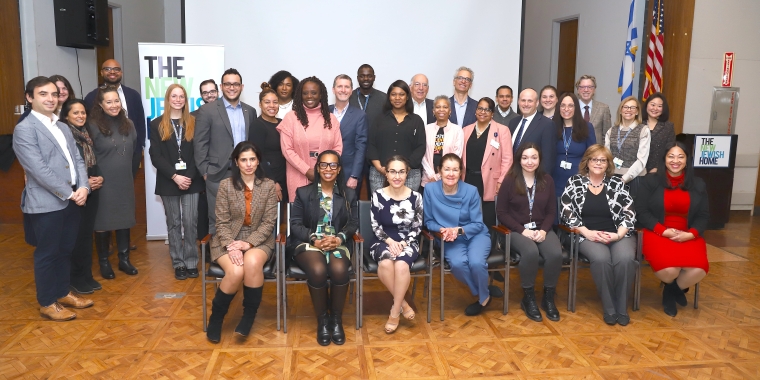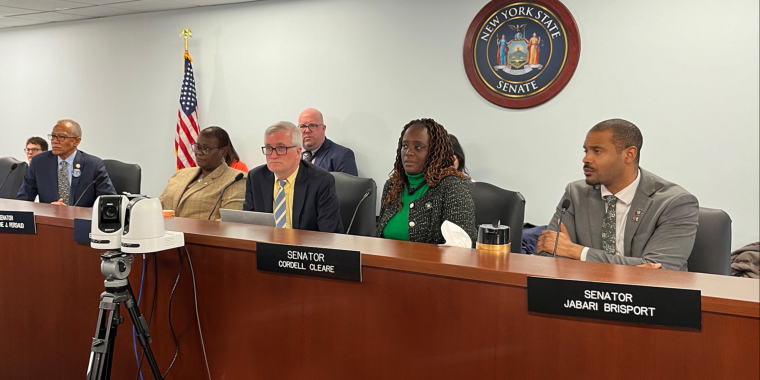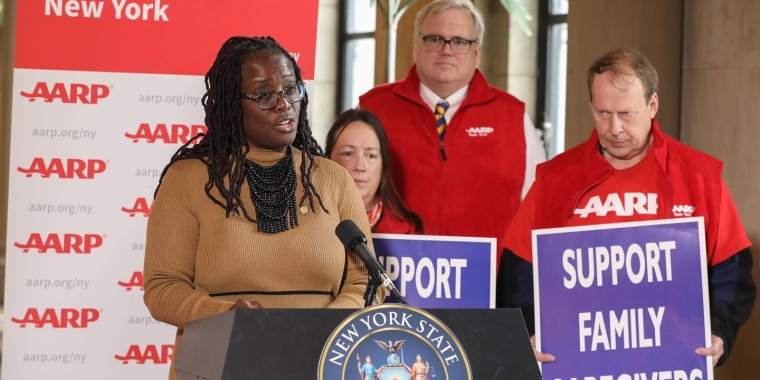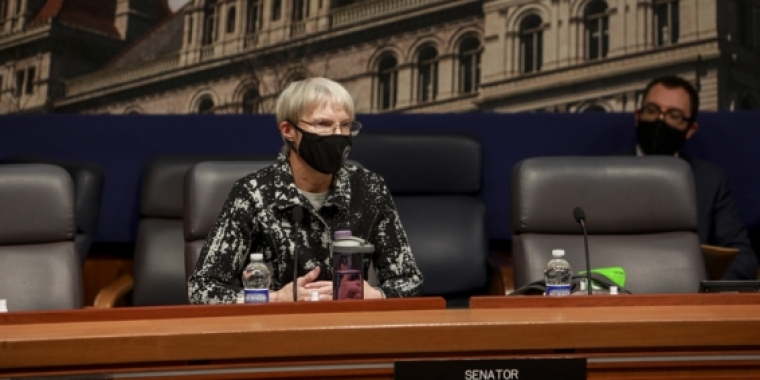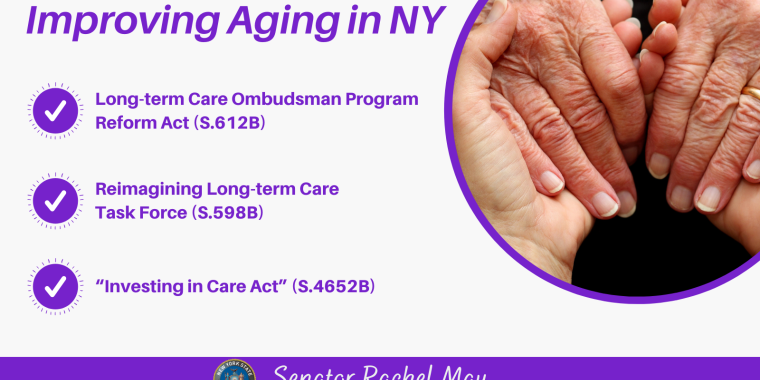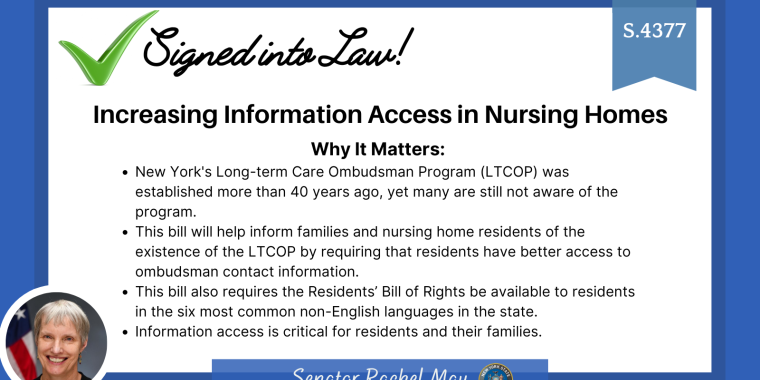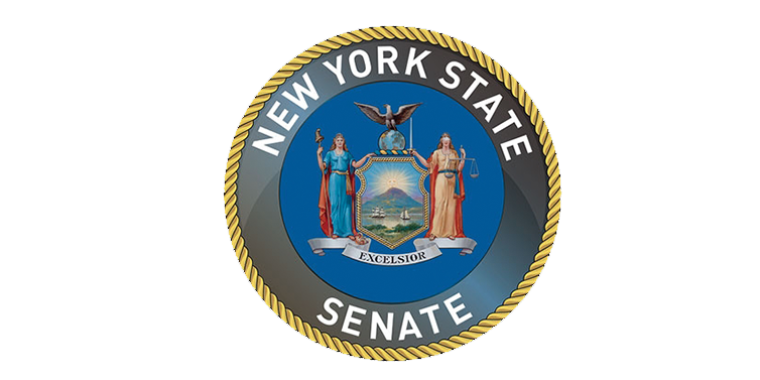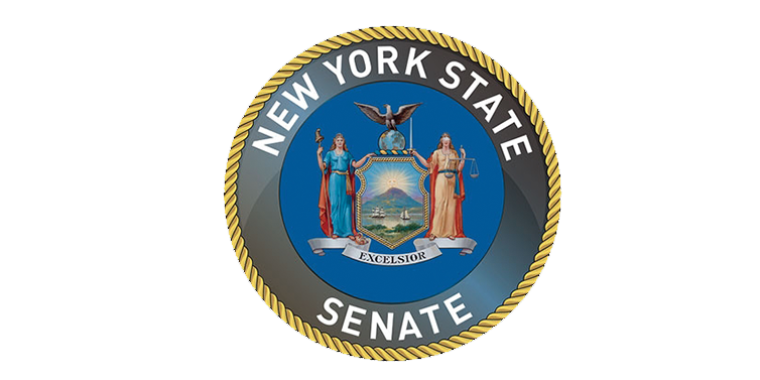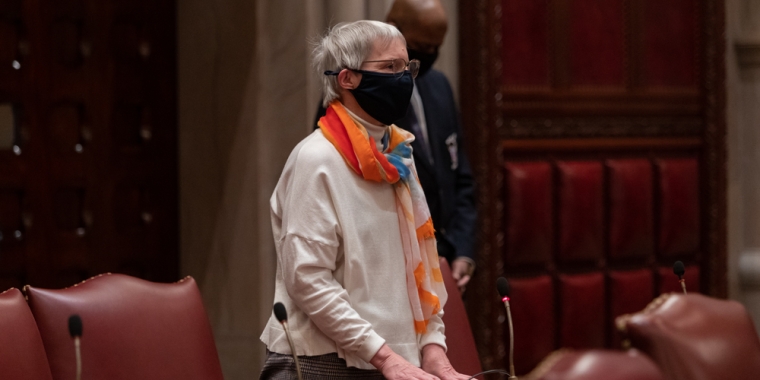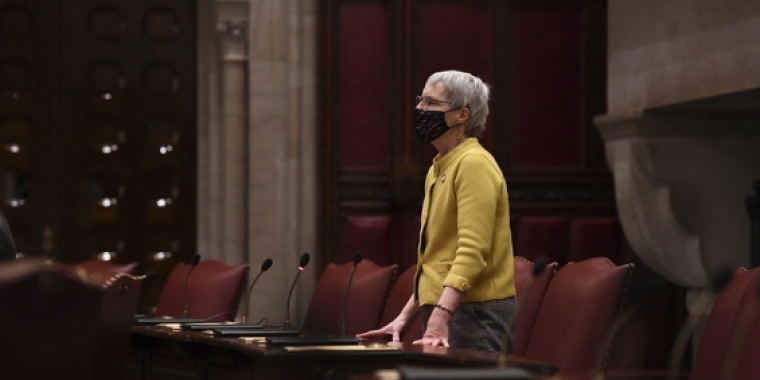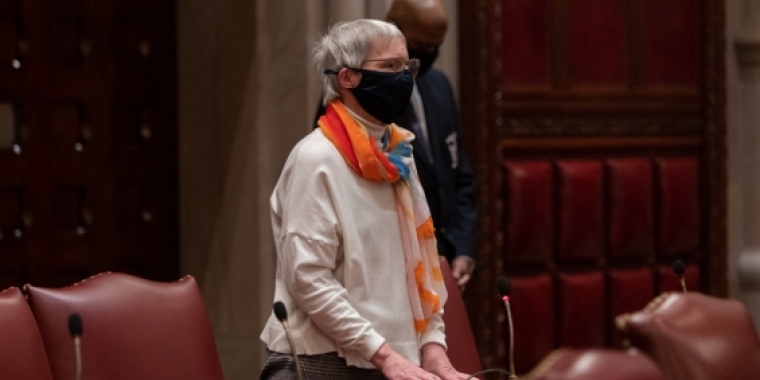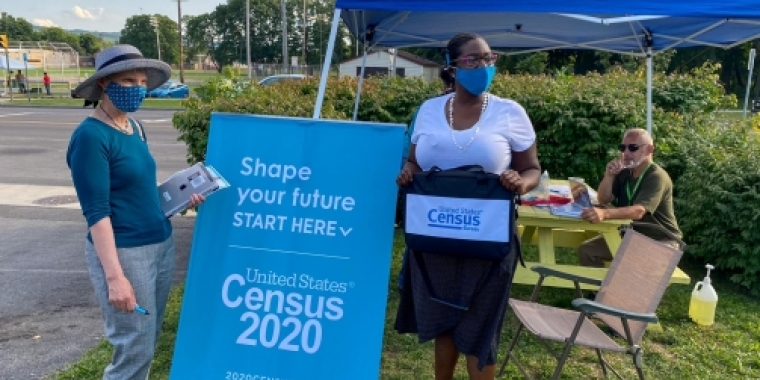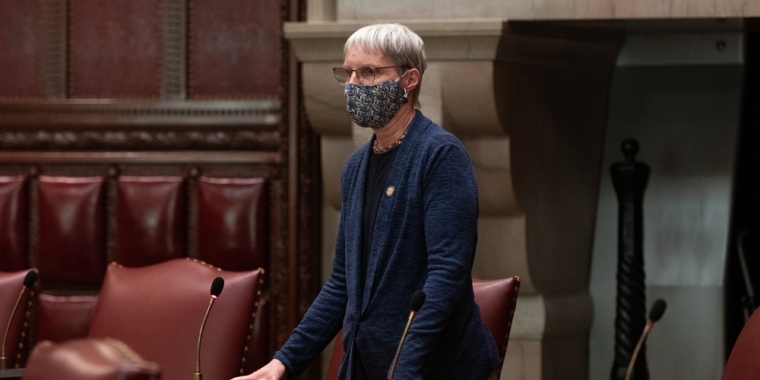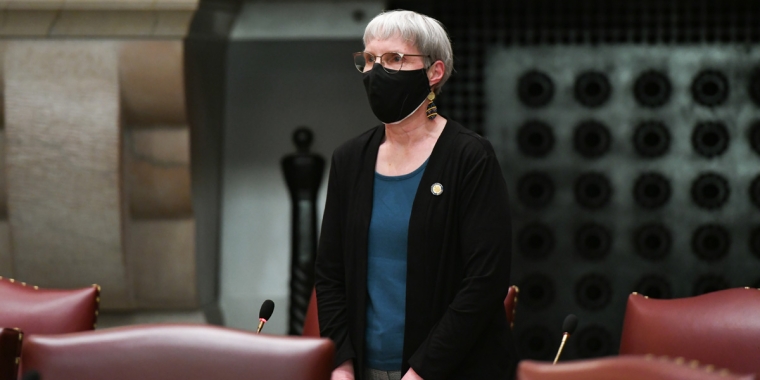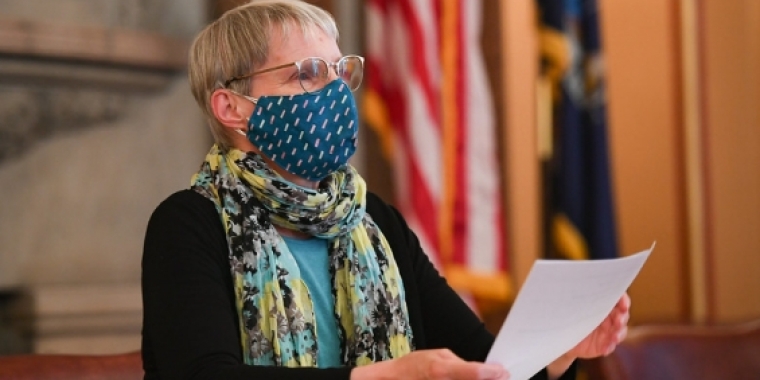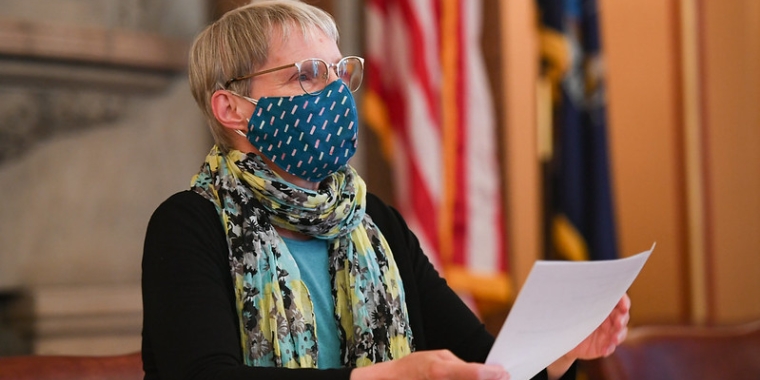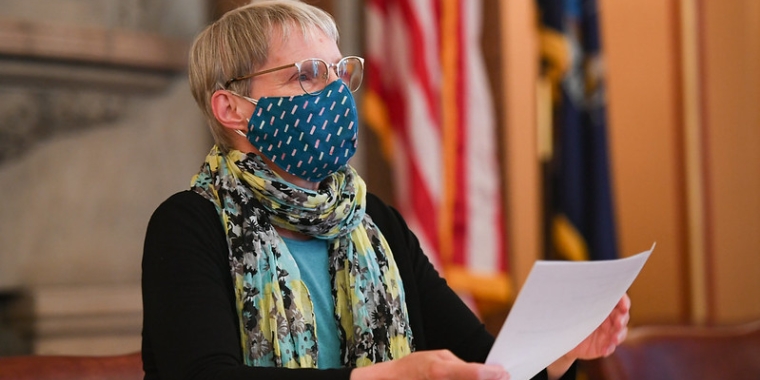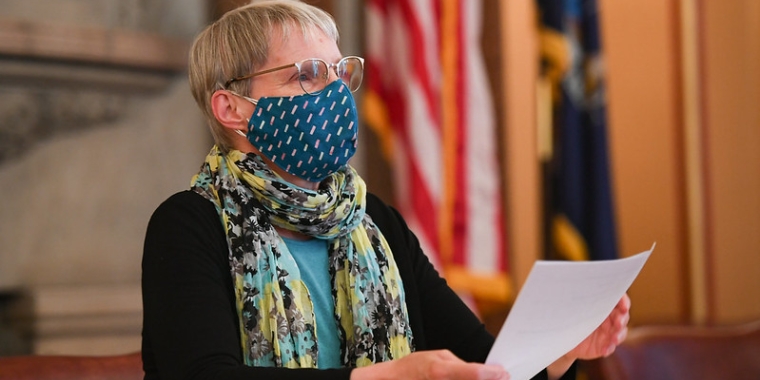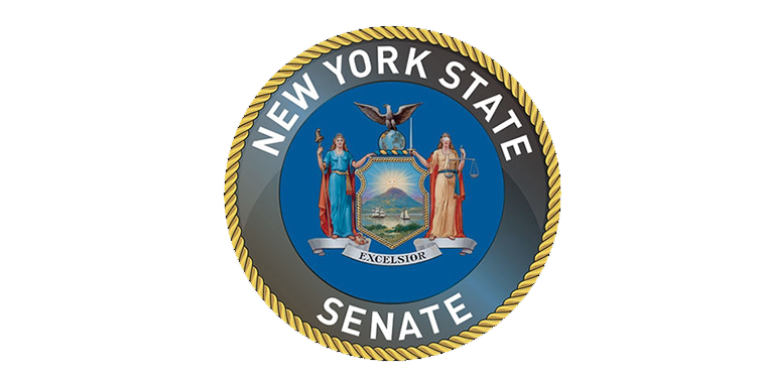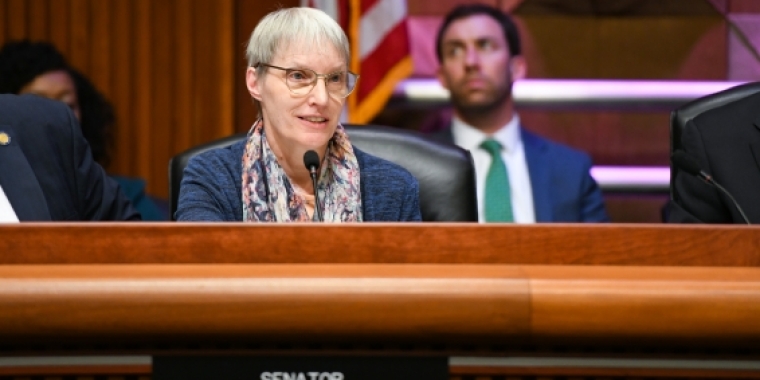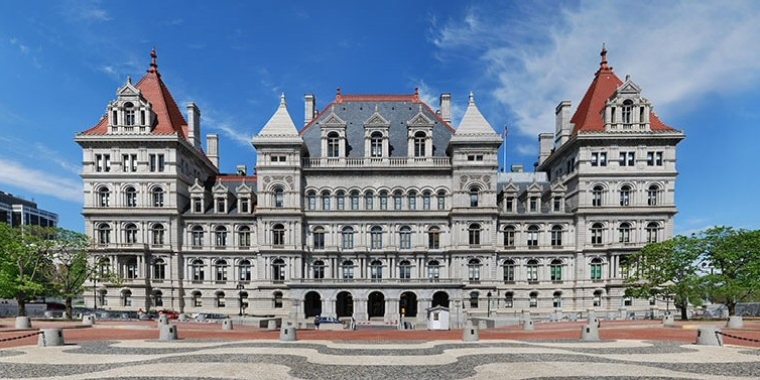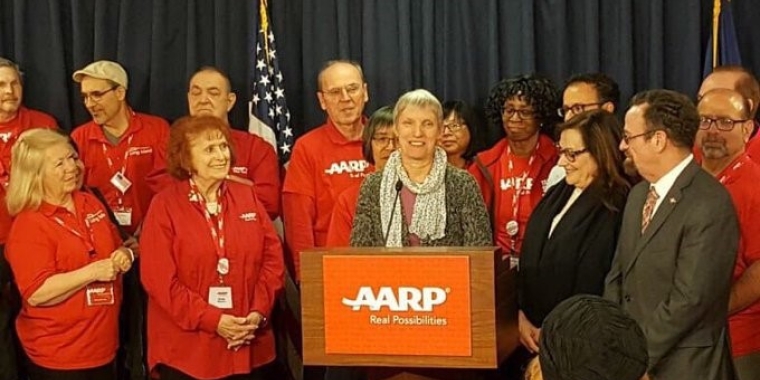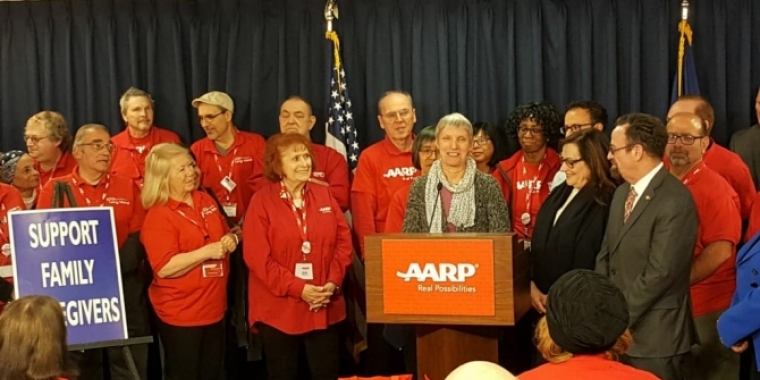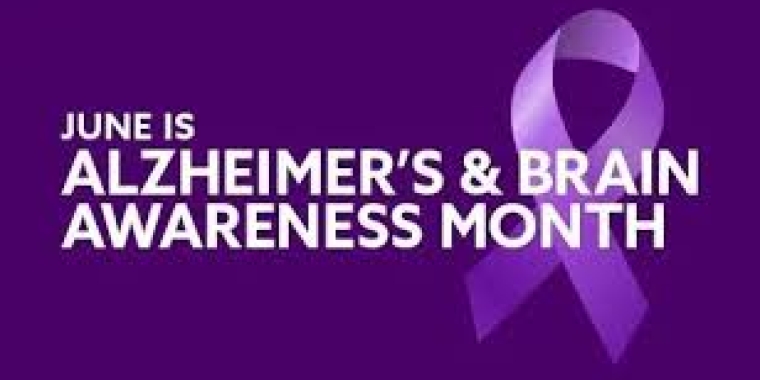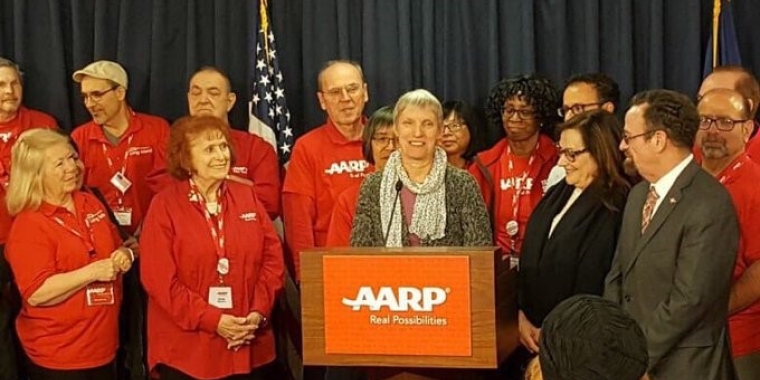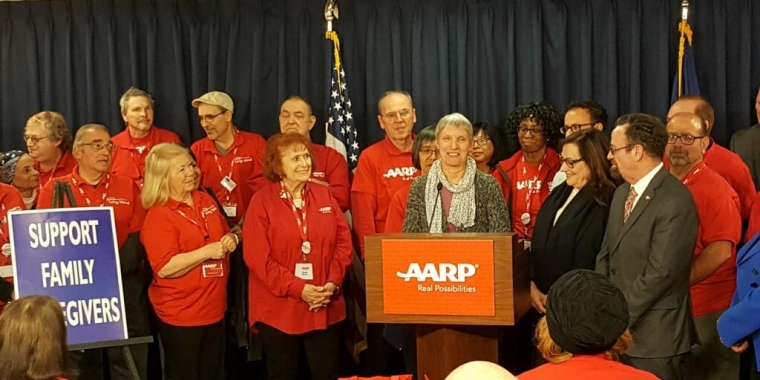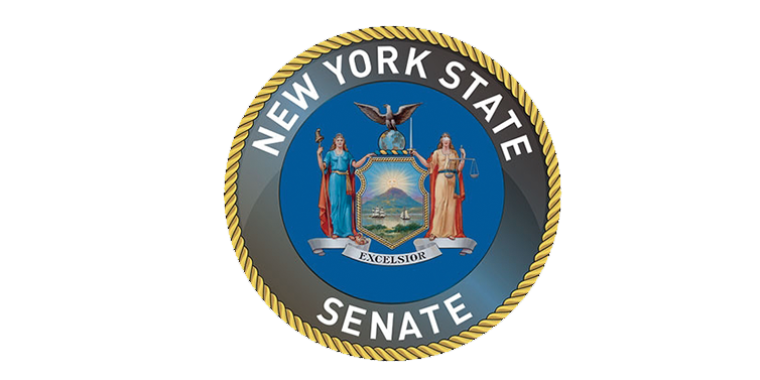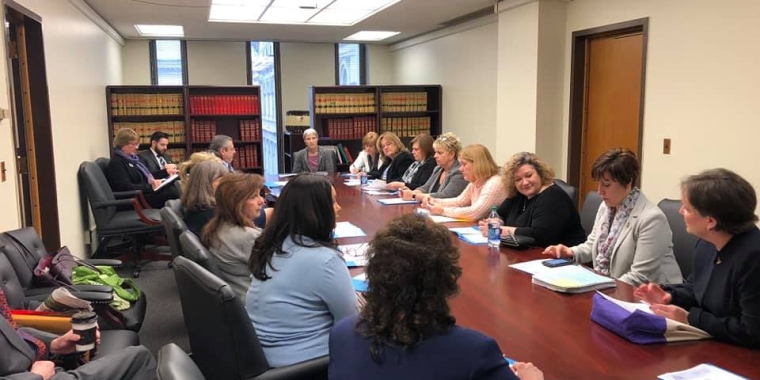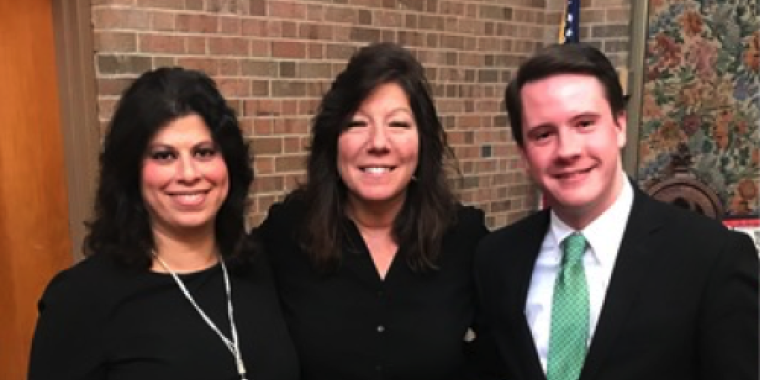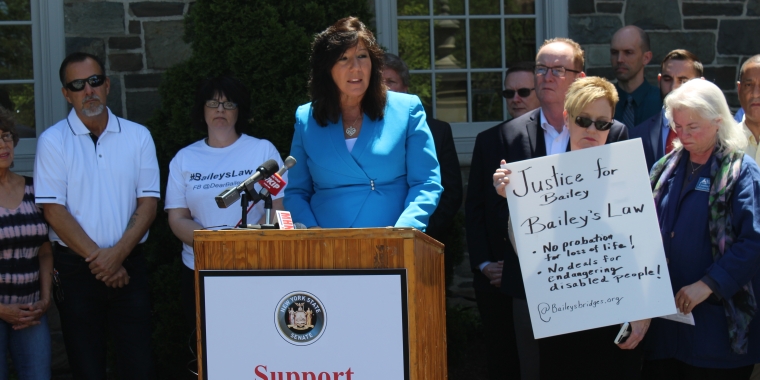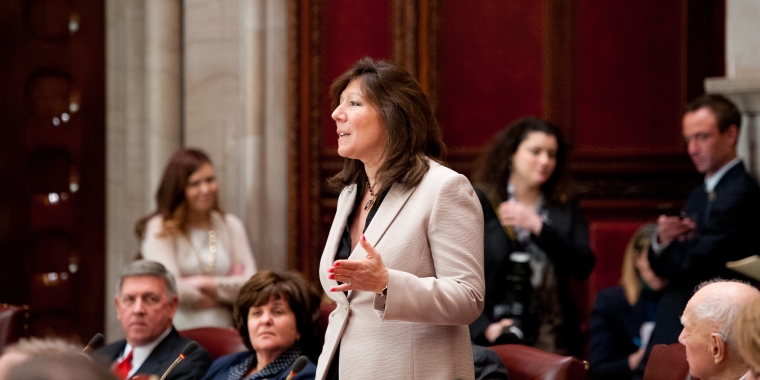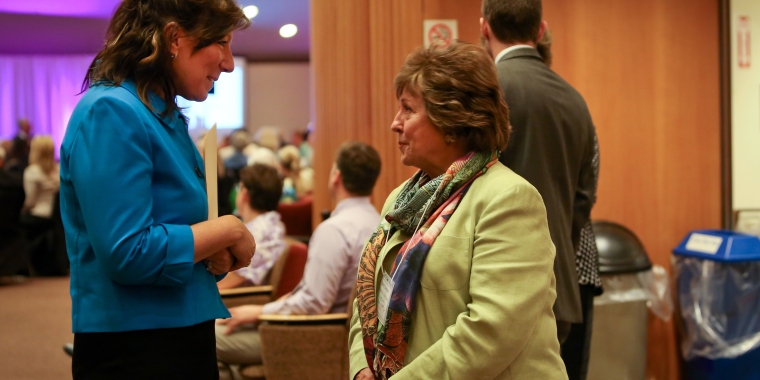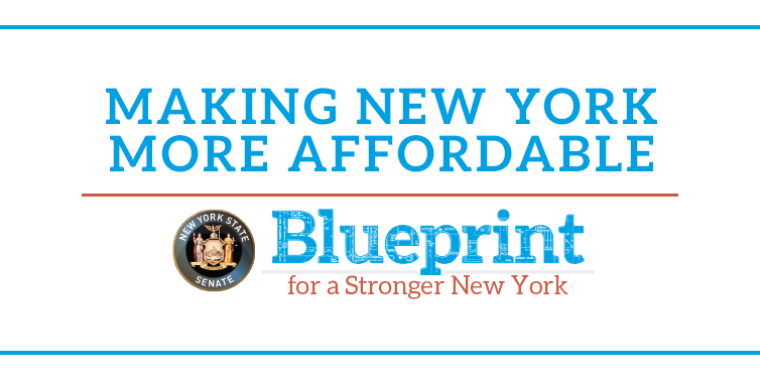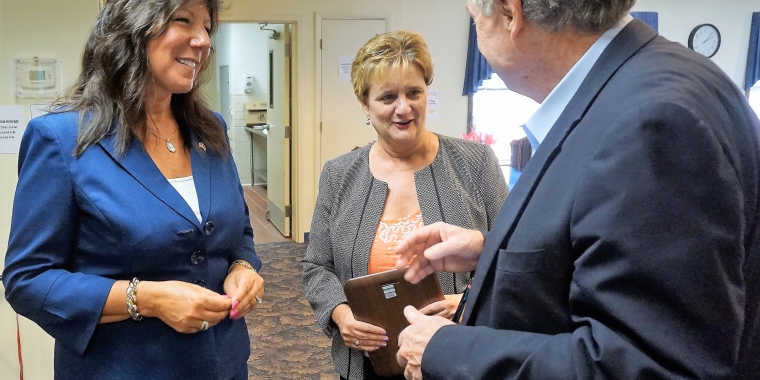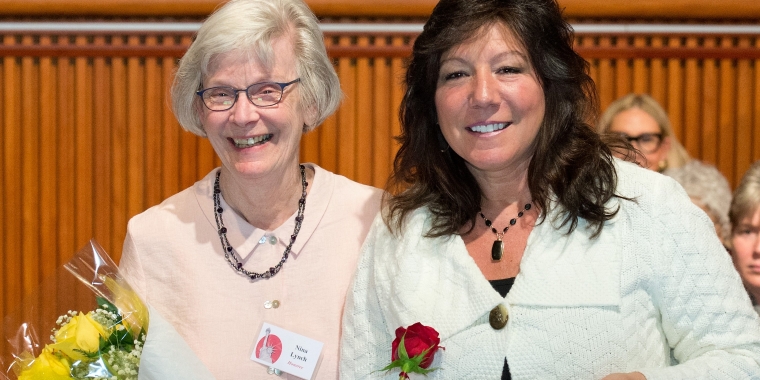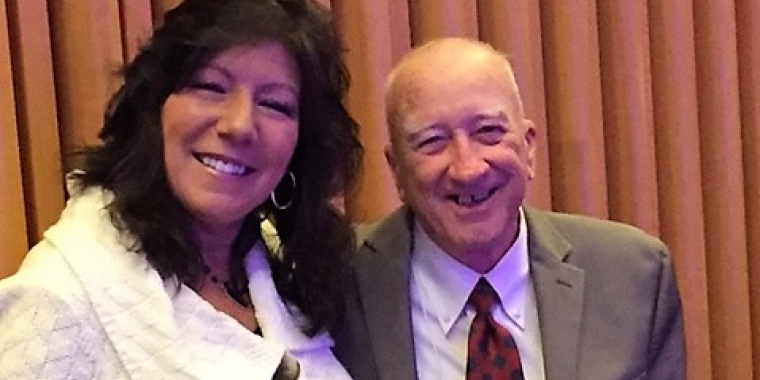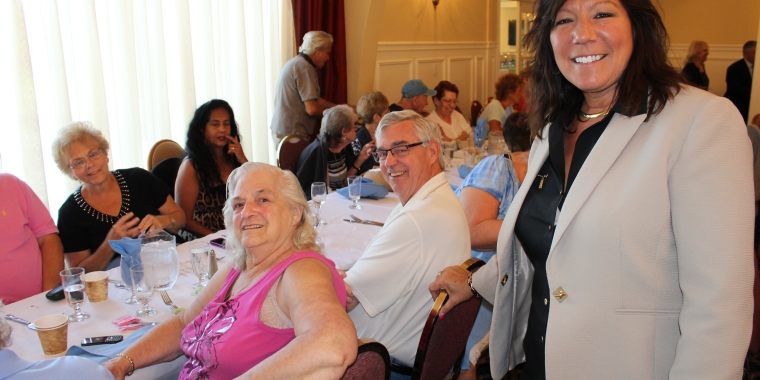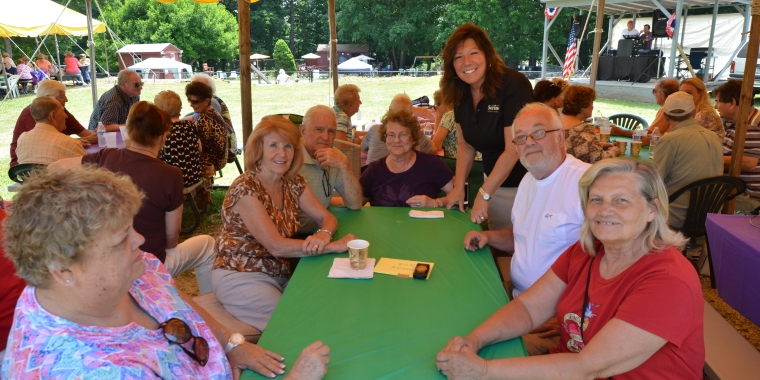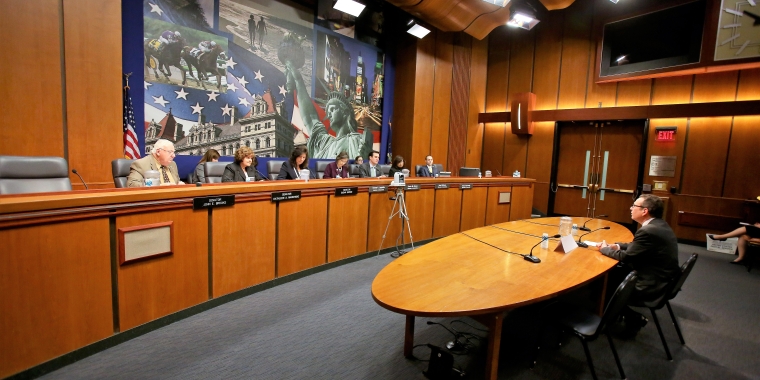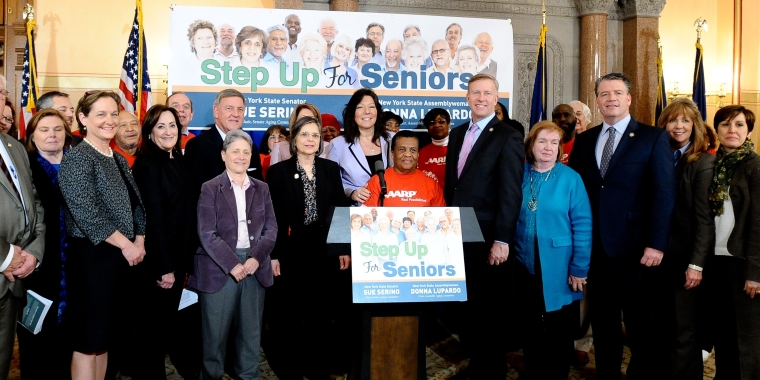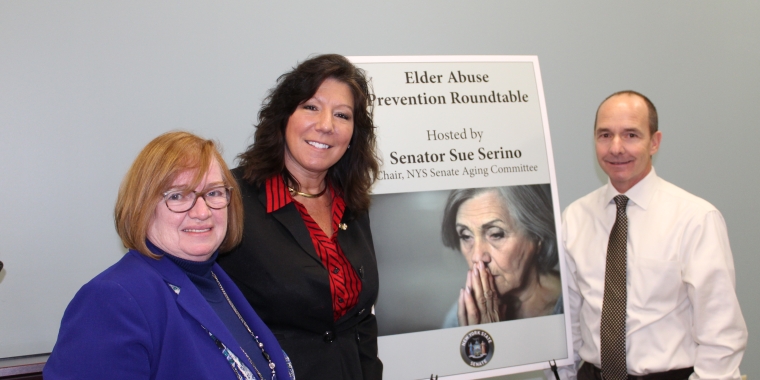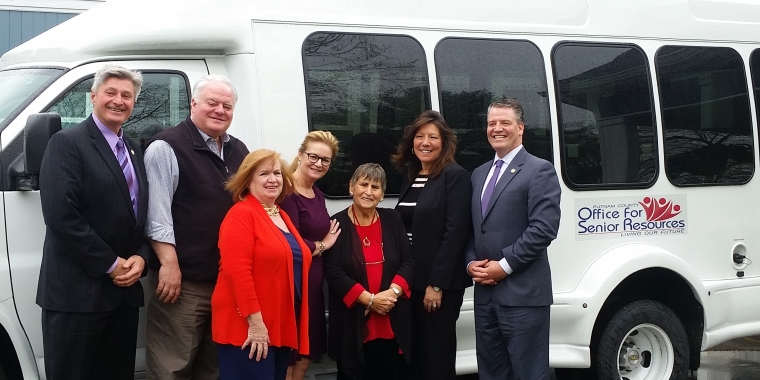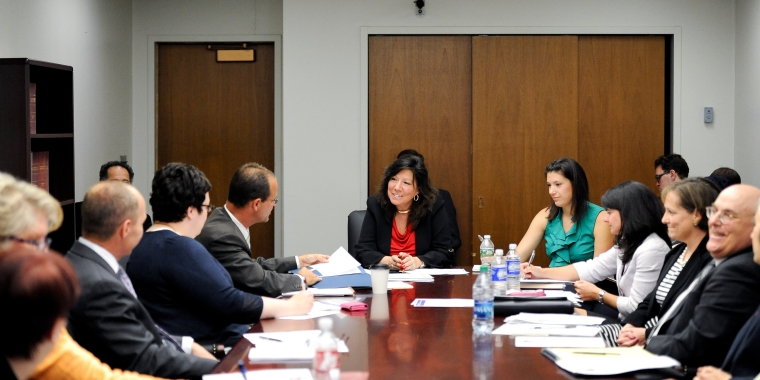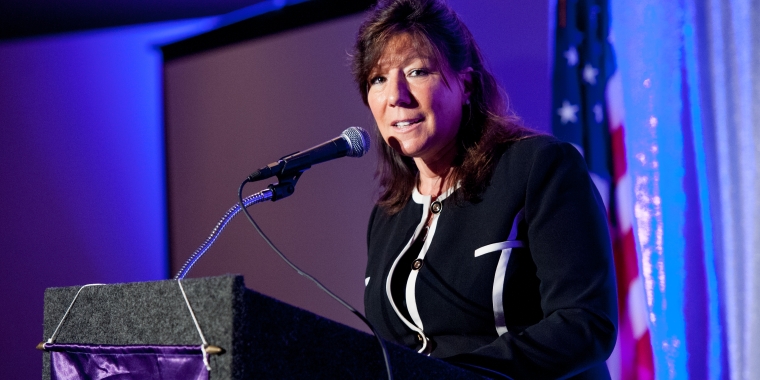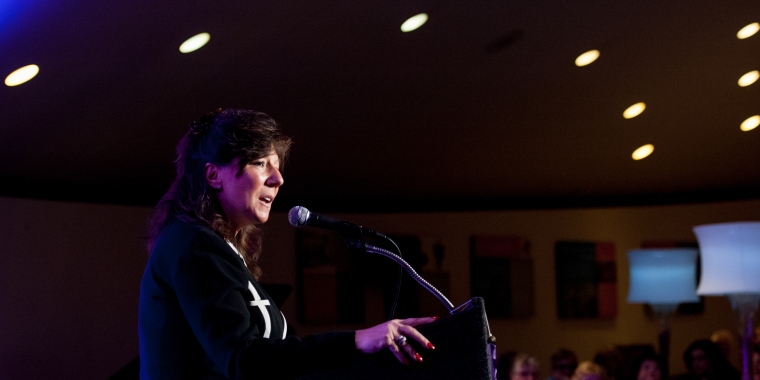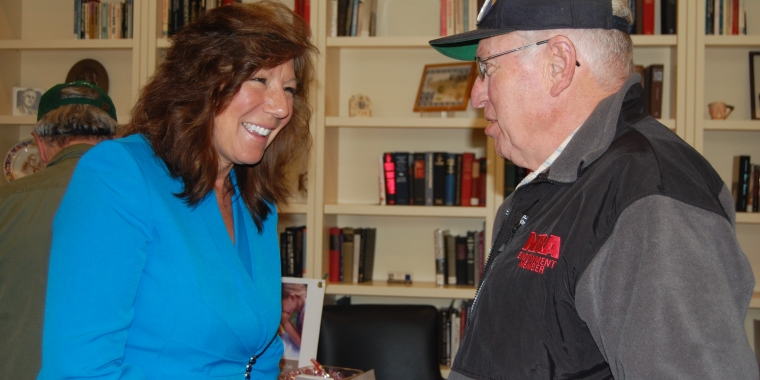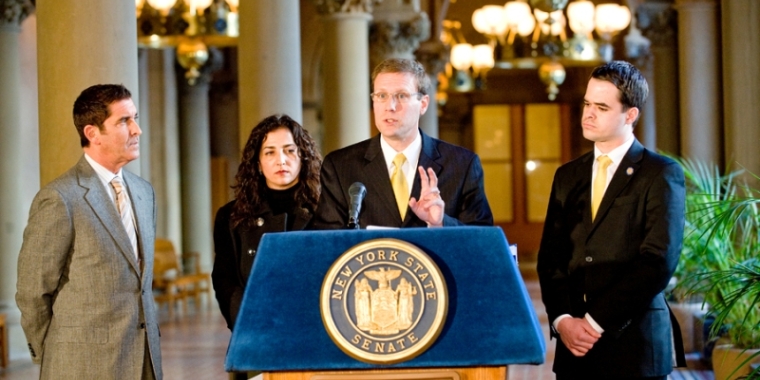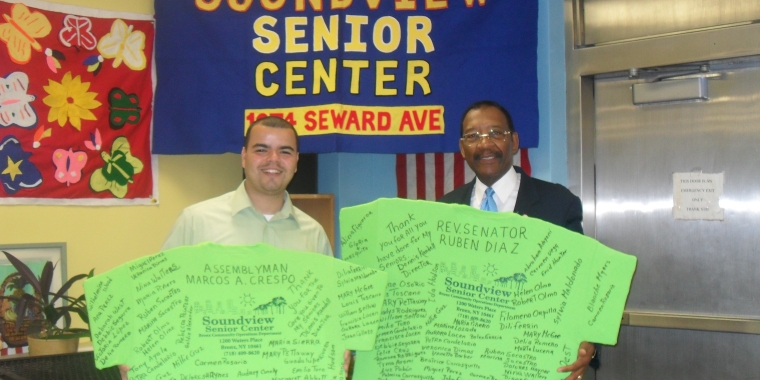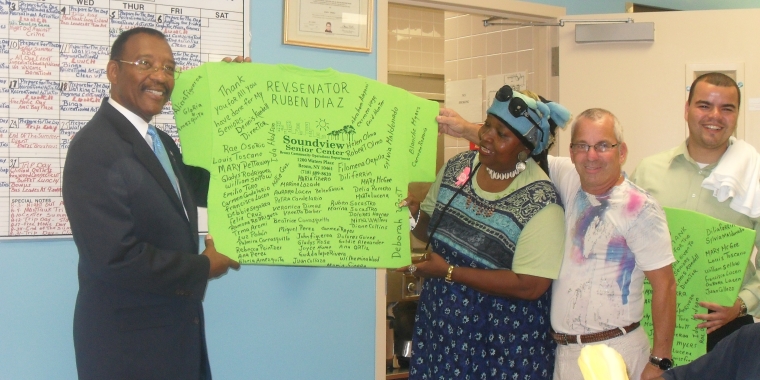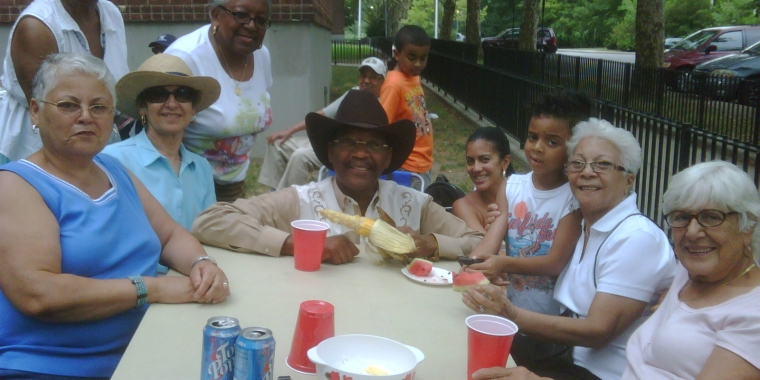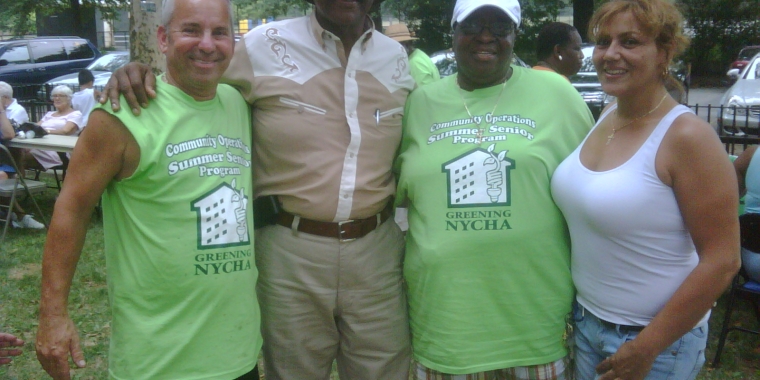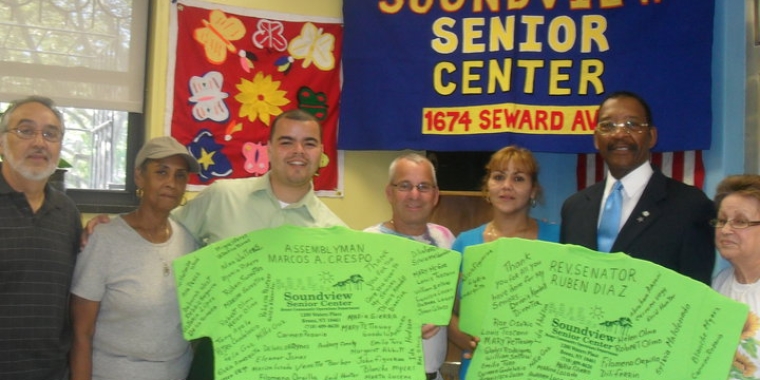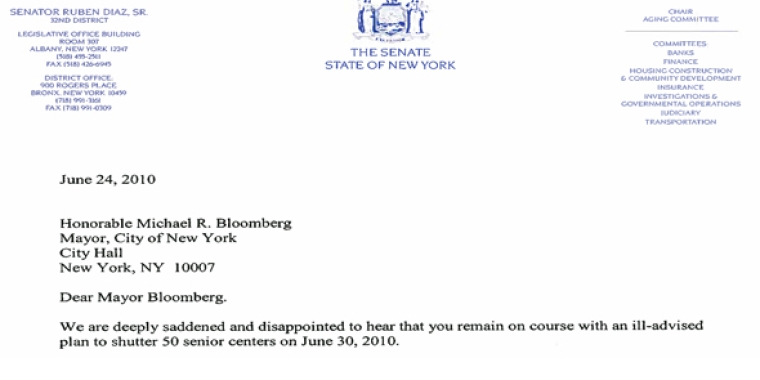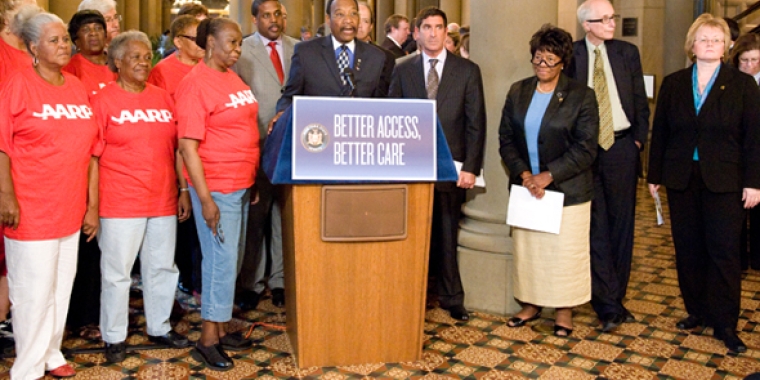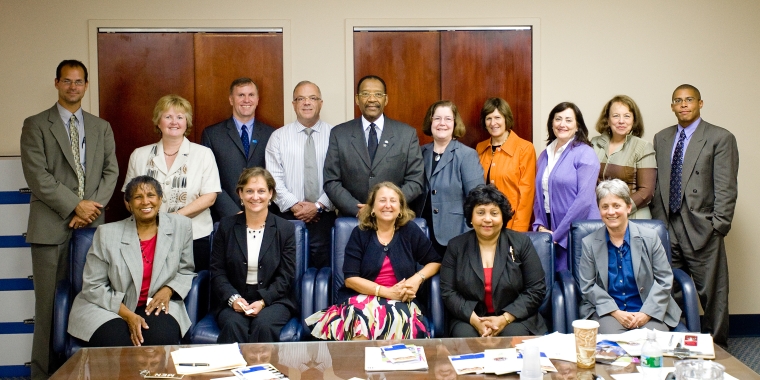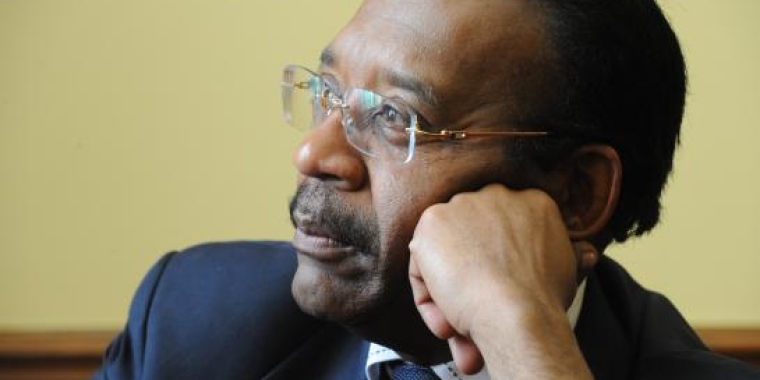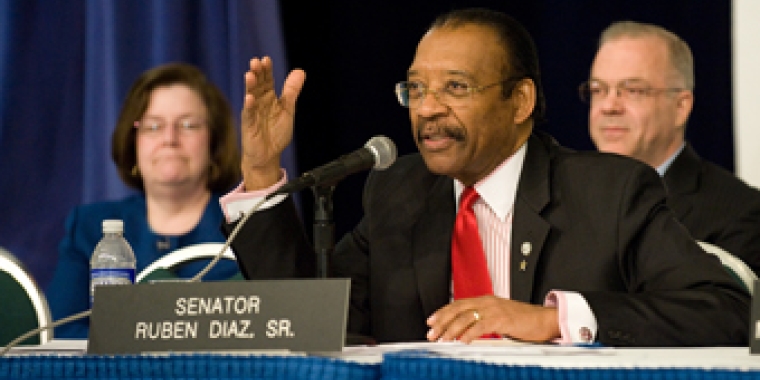Joint – Senate Standing Committee on Social Services
Chair: Senator Roxanne J. Persaud
Senate Standing Committee on Housing, Construction &
Community Development
Chair: Senator Brian Kavanagh
and Senate Standing Committee on Aging
Chair: Senator Cordell Cleare
Public Hearing: To assess rental assistance programs and examine the need for expanded residential rental assistance to prevent evictions, homelessness, housing instability, and excessive rent burdens through the proposed Housing Access Voucher Program (S.72), the Shelter Arrears Eviction Forestallment Program (S.4446), the Senior Citizens and Disability Rent Increase Exemption programs (SCRIE/DRIE), and other initiatives
Place: Senate Hearing Room, 250 Broadway, New York, New York
Time: 10:00 A.M.
Contact: Hally Chu (646) 345-7585; Dennis Weakley (518) 455-2790;
Chris LaBarge (518) 455-2441
Media Contact: Stanley Davis (917) 273-7667; Dennis Weakley (518) 455-2790; Naya Odesanya (212) 222-7315
ORAL TESTIMONY BY INVITATION ONLY
NOTICE OF JOINT PUBLIC HEARING
SUBJECT: Joint Public Hearing on Rental Assistance
PURPOSE: To examine the need for New York to increase availability of residential rental assistance to prevent evictions, homelessness, housing instability, and excessive rent burdens through the proposed Housing Access Voucher Program, the Shelter Arrears Eviction Forestallment Program, the Senior Citizen and Disability Rent Increase Exemption (SCRIE and DRIE) programs, and other initiatives.
New York is in a homelessness, eviction, and housing affordability crisis. According to a January 2025 Office of the State Comptroller (OSC) report, there were 158,019 homeless New Yorkers as of January 2024, a figure that had more than doubled since January 2022. In addition, many of those who have a home are struggling to afford it. The same OSC report found that 2.9 million households, 38% of all New York households, were cost-burdened, paying more than 30 percent of their income towards housing expenses, while approximately 20 percent of households pay more than half of their income towards housing expenses. There were 191,230 eviction filings in 2024, according to OSC's analysis of Office of Court Administration data.
The state can take immediate steps to help families maintain stable, affordable housing and prevent evictions through the provision of rental assistance.
Rental Assistance via Vouchers
In previous budget years, both houses of the Legislature have supported the establishment of state-funded rental assistance through the Housing Access Voucher Program (HAVP) in their one-house budget resolutions. Programs such as HAVP would provide ongoing rental assistance to households at risk of homelessness and to transition households currently in shelters into permanent housing.
Emergency Rental Assistance for Rent Arrears
Through the FY 2024-2025 budget, the state allocated $10 million for the Shelter Arrears Eviction Forestallment (SAEF) Program. The Senate had supported a broader proposed program to be funded at $50 million. Under SAEF, additional emergency rental assistance is being provided to cover rent arrears and prevent eviction in counties across the state other than those in New York City. The Office of Temporary and Disability Assistance (OTDA) launched the program in October 2024. No new funding has been proposed for SAEF in the Executive Budget for FY 2025-2026.
Rent Freeze Programs
The Senior Citizen Rent Increase Exemption (SCRIE) and Disability Rent Increase Exemption (DRIE) programs provide rental assistance for eligible New Yorkers living in rent-regulated housing by freezing the rent paid by a household at the time of enrollment and compensating their landlord with property tax rebates for the difference between the amount the household pays and the maximum legal rent. Currently, New York City and 21 cities, towns, and villages in Nassau and Westchester counties have adopted SCRIE/DRIE. While these programs shield participants from future rent increases, renters only become eligible when they are already rent burdened, with many paying more than one third of their income toward rent. Many participants pay 40 percent or more, and the SCRIE/DRIE maximum income limit has not been increased since 2014. Had it been indexed to inflation, the $50,000 maximum from 2014 would now be roughly $67,000.
This hearing seeks to solicit comments on establishing a state-funded rental assistance program in the form of HAVP; to understand how SAEF is working and consider the benefits of expanding the program; and to examine proposed reforms to SCRIE and DRIE to give localities the discretion to make them more effective at reducing excessive rent burdens and providing housing stability. The following items will be considered:
● S72 (Kavanagh) -- Establishes the Housing Access Voucher Program
● S4446 (Kavanagh, Ryan S.) -- Enacts the Shelter Arrears Eviction Forestallment Act to provide emergency assistance for rent arrears for the prevention of eviction. ● Implementation of the SAEF program to date.
● The effectiveness of other rental assistance programs, in New York and in other jurisdictions, including the federal Section 8 program.
● S561 (Krueger) -- Relates to notice regarding the rent increase exemption for low-income elderly persons and persons with disabilities programs
● S1457A (Kavanagh) -- Provides for adjustment of the maximum income threshold for eligibility for SCRIE, DRIE, SCHE and DHE by any increase in the consumer price index
● S2451A (Kavanagh) -- Permits localities to opt to reduce renters’ payments toward rent to one-third of household income for SCRIE/DRIE
● S2534 (Sanders) -- Sets SCRIE/DRIE rent to the original date of eligibility with an eligible look-back period of up to two years
● S3563 (Cleare) -- Includes the parent or guardian of a person with a disability in the definition of head of household for the disability rent increase program.
● S4252 (Parker) -- Provides for a continuation of senior citizen rent increase exemption benefits after a period of ineligibility
Persons wishing to present pertinent testimony to the Committees at the hearing should complete and return the enclosed reply form as soon as possible. It is important that the reply form be fully completed and returned so that persons may be notified in the event of emergency postponement or cancellation.
Oral testimony will be limited to five minutes duration. Ten copies of any prepared testimony should be submitted at the hearing registration desk. The Committees would appreciate advance receipt of prepared statements.
Attendees and participants at any legislative public hearing should be aware that these proceedings are video recorded. Their likenesses may be included in any video coverage shown on television or the internet.
In order to meet the needs of those who may have a disability, the Aging, Housing, and Social Services Committees, in accordance with their policy of non-discrimination on the basis of disability, as well as the 1990 Americans with Disabilities Act (ADA), have made their facilities and services available to all individuals with disabilities. For individuals with disabilities, accommodations will be provided, upon reasonable request, to afford such individuals access and admission to State Legislature facilities and activities.
